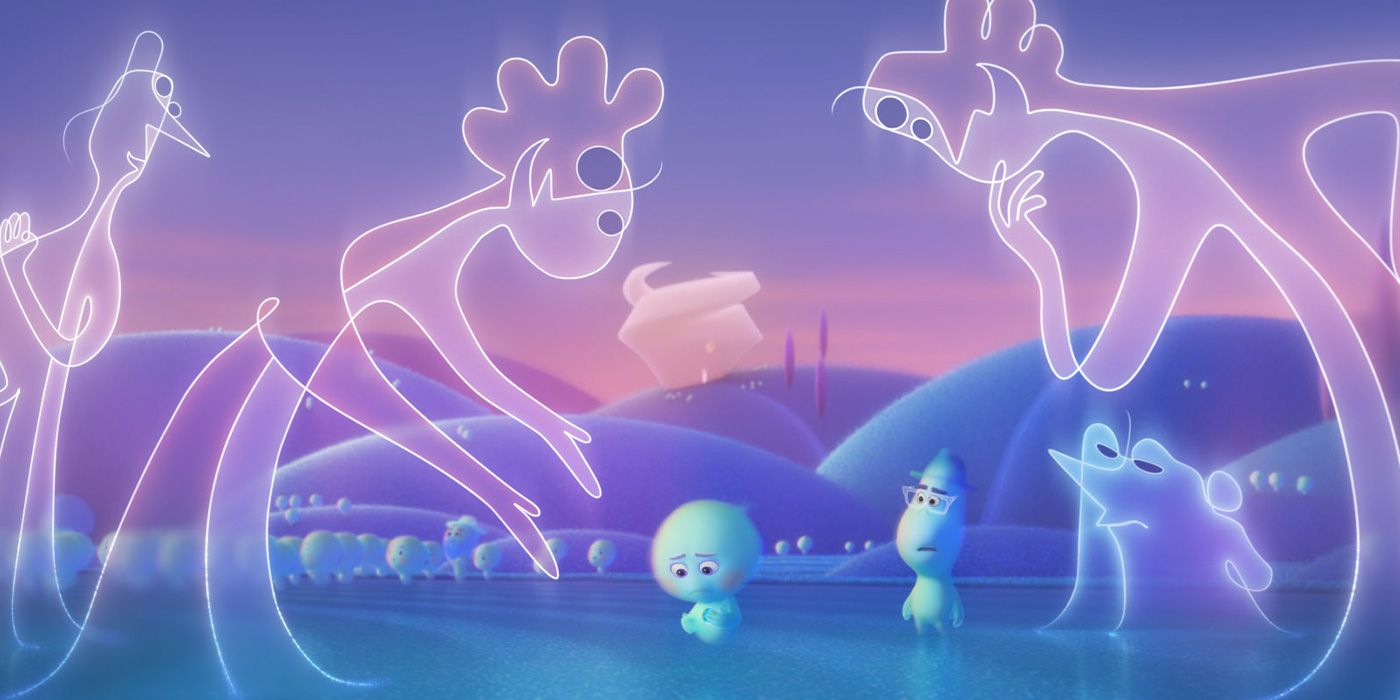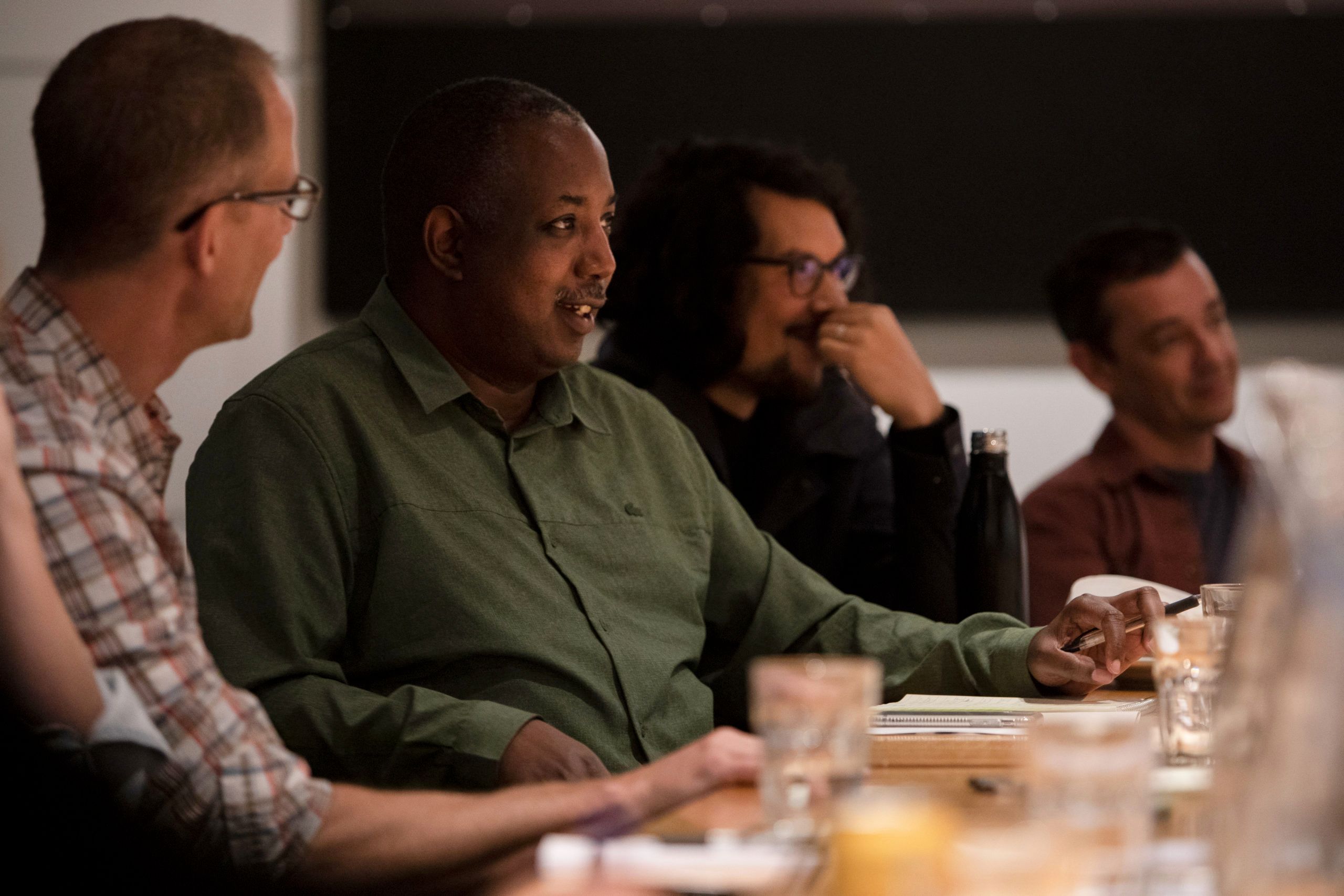Pixar’s Soul, out now on Disney+, has captured the hearts and minds of critics and audiences alike (we named it the very best animated feature of 2020). The story of a middle school band teacher named Joe Gardner (Jamie Foxx) who loses his life on the eve of his big break, Soul has been celebrated for its imagination and the grandness of its ideas (especially for what is essentially aimed at children). And that imagination comes primarily from the mind of director and co-screenwriter Pete Docter, who has helmed similarly heady features for Pixar like Up and Inside Out and who originally conceived the story for what would eventually become WALL•E. Not only has he shown himself to be the most creatively adventurous filmmaker at Pixar, but he also recently assumed the position of Chief Creative Officer for the studio, a role previously held by John Lasseter. And it sounds like Soul could wind up being his last feature for the studio that he’s called home since the day after he graduated from Cal Arts.
In a truly wonderful profile over at The Hollywood Reporter (you should definitely read the whole thing), Docter is very open and honest about his trepidation before accepting his new role leading the company and about how that will pull away from his work as a filmmaker. In fact, Docter seems resigned to the fact that if he’s running the studio, he’s probably not going to be directing features anymore.
"The CCO job is not making films," he told THR. "It's guiding other people. I was initially worried that it would be like a tax, taking me away from what I really loved. But it's been surprisingly rewarding."
The other thing to remember, which we talked about during our recent chat with Docter, is that he is a student of animation (he recently wrote a brilliant, must-have book chronicling the life and work of animator and Imagineer Marc Davis). And he knows that part of the reason the post-Walt years at the studio were such a drag was because the Nine Old Men, animators appointed by Walt Disney as his go-to creative workhorses, were getting old, tired, and out-of-step with the culture. That led to territorialism and diminishing returns, as exciting new animators were belittled or pushed aside (nowhere was this truer than during the infamously messy production of The Black Cauldron, when senior animators complained in the press about the new crop of talent). Docter doesn’t want to overstay his welcome and he doesn’t want his generation of filmmakers exerting unwelcome control or influence over exciting younger creators (much of the profile has to do with this shift and the acknowledgement of senior leadership that it is necessary for Pixar’s creative survival).
So, yes, it’s the gig, for sure. But it’s also Docter’s own understanding of the process and his reluctance to ever enter any kind of stagnation are probably guiding his decision making, especially since the parallels between Disney Animation after Walt and Pixar after Lasseter have already been established. Also, if there’s anybody who could, in 10 years, come up with some mind-bending idea that he has to see realized as an animated feature, it’s probably Pete Docter. How many times has Hayao Miyazaki (who just celebrated his 80th birthday) retired now? Exactly.


